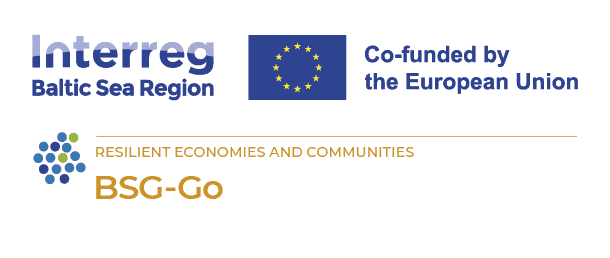
Resilient Investor Engagement
31 January 2025
Young studios have traditionally relied on in-person pitching events, accelerators, mentors, and industry fairs to secure investment. Before the pandemic, key conferences such as GDC or Gamescom provided invaluable networking opportunities, allowing developers to establish relationships with investors. However, the shift toward digital events during and after the pandemic has significantly hindered these interactions, making it harder for studios to gain funding.
At the same time, investors face their own challenges in the absence of physical meetings. Beyond evaluating products, they depend on in-person interactions to assess a team’s vision, mindset, and dynamics—critical factors in investment decisions. Without face-to-face engagement, investors struggle to gauge a team’s potential, increasing their reliance on other evaluation methods.
Compounding these issues, traditional funding sources such as venture capital (VC) firms and angel investors have become increasingly selective, favouring games-as-a-service (GaaS) models over single-purchase titles. The unpredictable nature of game development, where success is often hit-driven, further complicates investment decisions. As a result, investors must diversify across multiple projects to maximise their chances of backing a successful game.
Meanwhile, game development has become more expensive, with rising expectations for graphics, storytelling, and multiplayer features. Developing a high-quality indie game now costs anywhere from $500,000 to several million dollars, making external investment essential for many studios. Additionally, longer development cycles further delay potential returns, increasing financial risk for investors.
A potential solution lies in the role of trusted intermediaries—ambassadors and curators—who can pre-select promising talent. These experts assess game quality, business potential, and team dynamics before recommending projects to investors, ensuring that high-potential studios receive the attention they deserve.
In an era where data-driven technologies support decision-making across industries, the gaming sector can leverage analytics to enhance curation and investment strategies. The Unity Gaming Report (2024) highlighted how studios are adapting by stretching resources, refining monetisation strategies, and utilising data insights to attract funding.
Market trends, player engagement metrics, and AI-based predictive models now help evaluate a game’s likelihood of success, allowing investors to make more informed decisions. Some studios have even begun integrating player retention forecasts and monetisation simulations into their pitches to increase their appeal.
Additionally, curated lists of high-potential start-ups and scale-ups help bridge the gap between investors and developers, reducing risks by providing pre-vetted opportunities. These approaches, combining expert curation and data-driven analysis, create a more structured and resilient investment ecosystem for the gaming industry.
The BSG-Go project has recognised these challenges within the gaming industry and is actively exploring solutions through a series of pilot initiatives. These pilots aim to enhance investment resilience by identifying sustainable funding opportunities and bridging the gap between young studios and investors.
To tackle this issue, BSG-Go has launched a structured testbed program—controlled environments where standalone tools and integrated models can be assessed by end-user representatives. These pilots focus on three key solutions designed to maximise the potential of emerging game studios:
- The Ambassador Model – A network-driven approach that strengthens outreach to investors and publishers through intermediaries such as mentors, accelerators, and incubators. A board of industry experts curates and screens promising game studios based on investors’ specific interests, facilitating more effective matchmaking.
- Curated Hotlists – A regularly published selection of high-potential startup and scale-up game projects, offering investors and publishers a vetted and data-backed pipeline of investment opportunities.
- Analytical Tools – Advanced data-driven solutions that assess both game and studio success potential, providing investors and publishers with valuable predictive insights and decision-making support.
By integrating expert curation, structured investment pipelines, and data-driven insights, these pilots aim to foster a more resilient, efficient, and scalable investment ecosystem for the gaming industry.
Interactive map showing pilot locations. Use the arrow keys to move the map view and the zoom controls to zoom in or out. Press the Tab key to navigate between markers. Press Enter or click a marker to view pilot project details.





